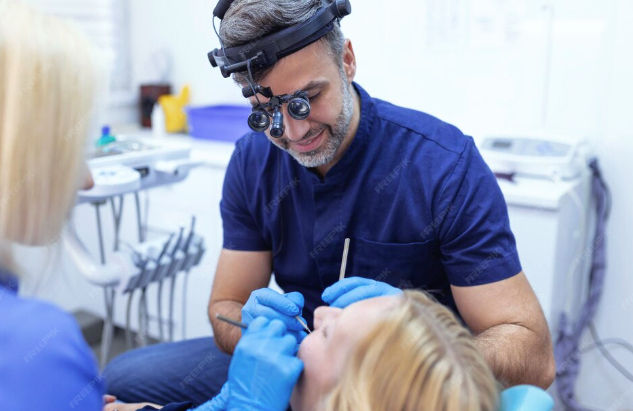Savanah Technical College
- Alex Gomes

- Sep 6, 2025
- 3 min read
Turn Your Passion for Oral Health into a Career with Hands-On Experience and High Employability at Savannah Technical College

The Associate of Science in Dental Hygiene program at Savannah Technical College (STC) prepares students to become qualified professionals in the field of dental hygiene. With a focus on hands-on experience and employability, the program offers solid training for those looking to enter this growing profession in the United States.
Program Structure
Duration: The program consists of 83 credits, with an approximate duration of two years.
Curriculum: Includes courses such as Dental Anatomy, Radiology, Preventive Therapies, Supervised Clinical Practice, and Oral Health Education.
On-Campus Clinic: All students perform supervised clinical procedures on real patients from the first semesters, ensuring intensive practical experience.
Accreditation: The program is accredited by the Commission on Dental Accreditation (CODA), guaranteeing that the training meets national licensure standards.
Detailed Admission Requirements
To enter the program, candidates must meet academic, practical, and health requirements:
Admission to STCThe first step is to be officially admitted to Savannah Technical College. Candidates must declare Dental Hygiene as their major at the time of application to ensure priority in the program selection process.
Minimum academic performanceCandidates must have a minimum GPA of 2.5 in prerequisite courses, including:
Chemistry
Anatomy
Biology
These courses provide the scientific foundation needed to understand human body structure and function, oral tissue biochemistry, and principles of disease prevention.
Practical experience and observationSome observation hours in dental offices may be required or recommended to familiarize students with clinical procedures.
Health requirementsCandidates must undergo medical and laboratory exams and provide proof of vaccination to ensure the safety of students and patients during clinical practice.
Additional documentationSome additional documents may be requested, such as proof of health insurance, CPR certification (basic life support), and authorization forms to participate in clinical activities.
For complete details, consult the Dental Hygiene Information Packet 2025.
Estimated Program Costs
Investing in professional training requires financial planning. At Savannah Technical College (STC), Dental Hygiene program costs are divided into two categories: tuition and general fees, and program-specific fees.
💰 Tuition and General Fees
Per-credit fee: US$ 107 (for Georgia residents)
Mandatory fees: US$ 214 per semester
Additional fees: US$ 40 to US$ 809, depending on the number of enrolled credits
Estimated total per semester: US$ 488 to US$ 595
These fees cover tuition, campus facilities, administrative services, student support, and technology required for academic progress.
Source: Tuition & Fees - Savannah Technical College
🛠️ Program-Specific Fees
Materials fee: US$ 50 per semester – covers instruments, lab materials, and supplies needed for clinical practice.
Professional liability insurance: US$ 15 per semester – required to protect students during clinical procedures.
ADHA membership: US$ 65 per year – membership in the national association of Dental Hygienists, providing access to educational resources and professional events.
Licensing exam fee: US$ 175 – cost for taking exams required to obtain professional licensure.
Source: Program Specific Fees 2022-2023
💡 Important Notes
Total investment: Considering all costs, including tuition, mandatory fees, and program-specific fees, students should plan financially for approximately US$ 1,500 to US$ 3,000 per semester, depending on credit load and materials required.
Payment flexibility: STC offers installment plans to help students manage expenses.
Additional costs not included: books, transportation, food, and housing should be considered separately.
Program Highlights
Small classes and personalized attention: The program limits the number of seats per year, allowing individualized support for students.
Intensive hands-on experience: Students perform supervised clinical procedures from the start of the program, developing real skills and professional confidence.
Employability focus: The curriculum is designed to prepare graduates to enter the workforce quickly.
Constant updates: The program includes modern dental hygiene practices aligned with state and national standards.
Community engagement: Students participate in oral health education activities, contributing to local awareness.
Conclusion
Savannah Technical College offers comprehensive and practical training in Dental Hygiene, emphasizing academic prerequisites, intensive clinical experience, affordable costs, and professional licensure preparation. It is an ideal option for those looking to start or accelerate a successful career in oral health in the United States.




Comments